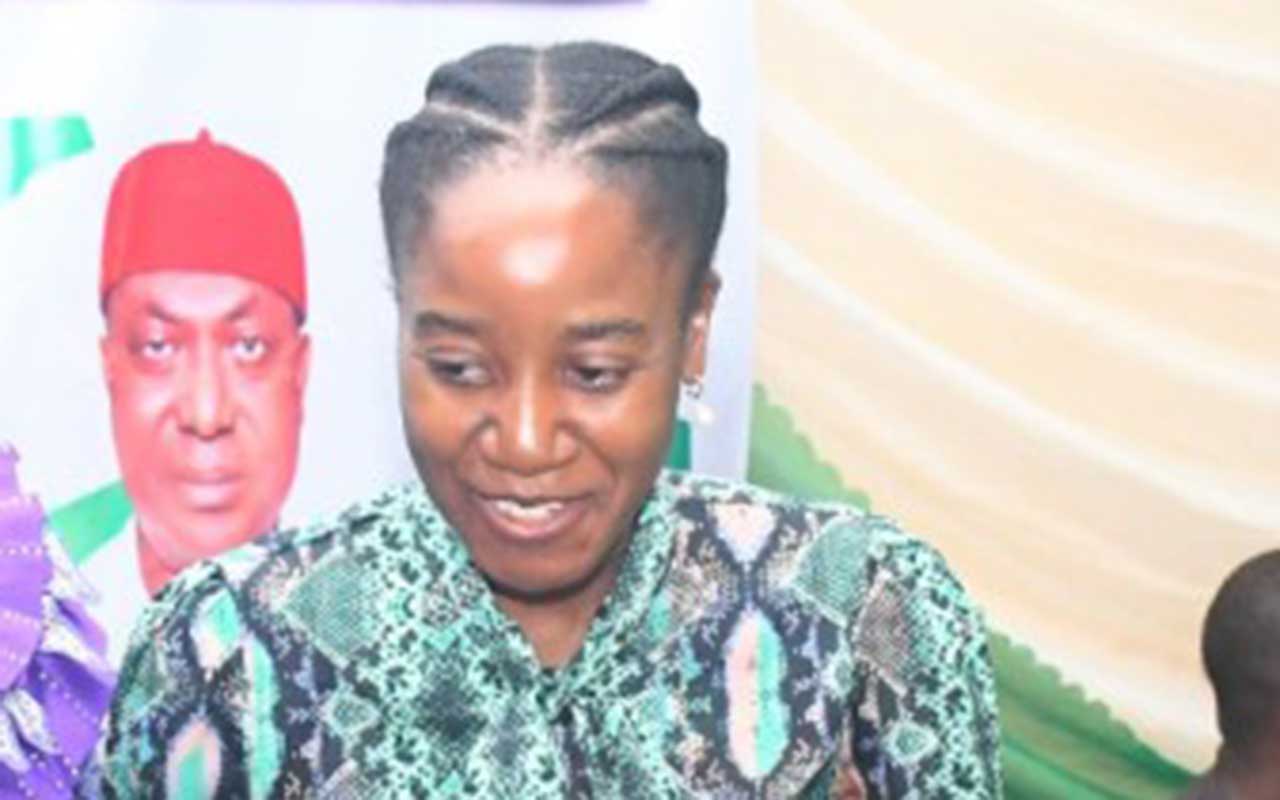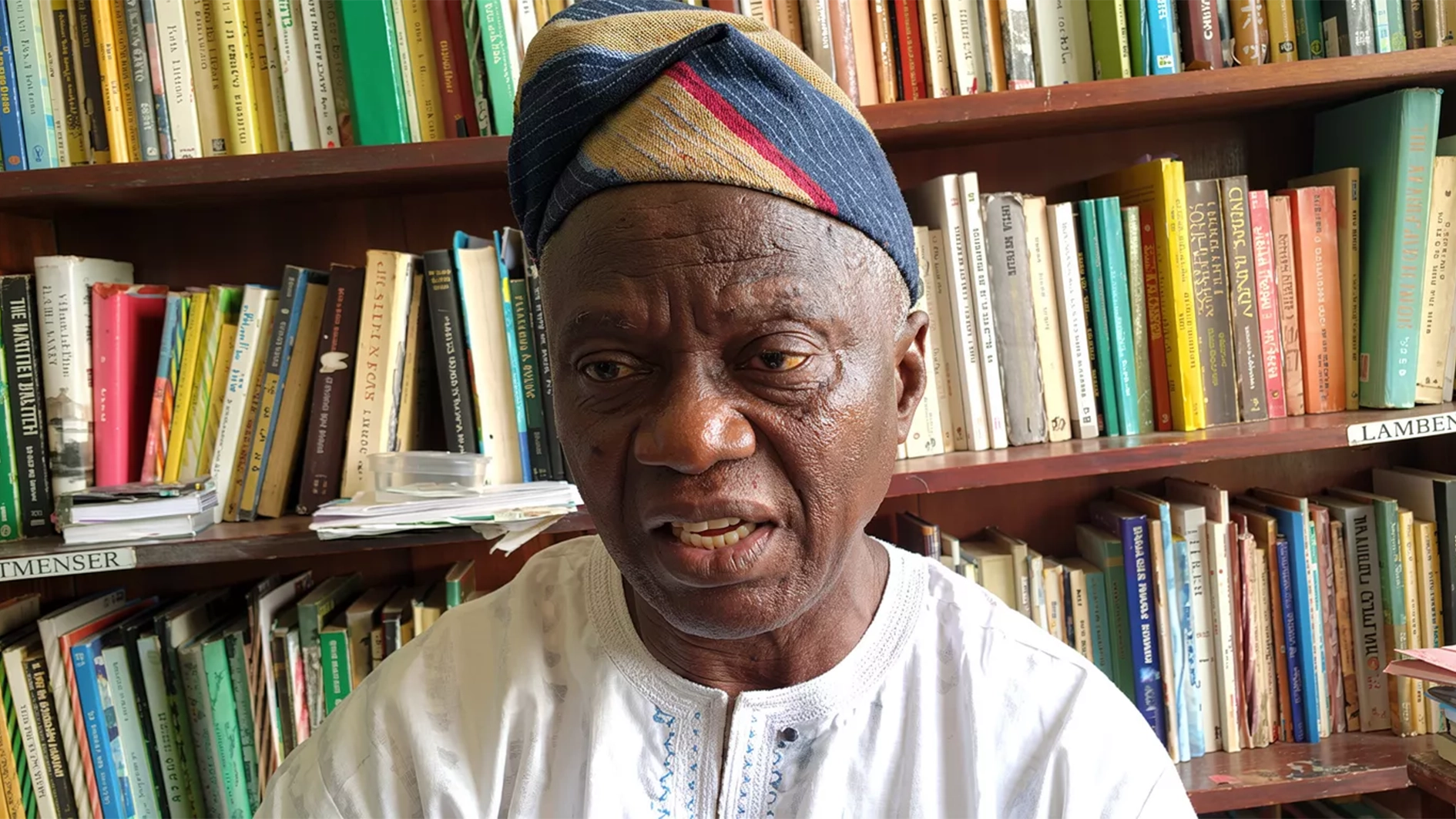
Chioma Njoku is the Director of Programmes at the Aig-Imoukhuede Foundation, a philanthropic organisation focused on the public sector. Founded by Aigboje and Ofovwe Aig-Imoukhuede, the foundation aims to improve the lives of Africans through transformed public service delivery and increased access to quality primary healthcare. Currently, the foundation is hosting a national workshop, titled: ‘Rethinking Reforms: Why Many Reforms Fail in Nigeria and What We Can Do About It’. In this interview, Njoku discusses the foundation’s numerous impacts and the expectations of the national workshop.
Can we have an overview of the Aig-Imoukhuede Foundation and its mission?
We are a not-for-profit organisation founded to improve the lives of Africans through transformed public service delivery. Our programmes support the implementation of public sector reform initiatives, develop public sector leadership capacities, and increase access to quality primary healthcare in communities of need.
What specific gaps or challenges in the current public service framework prompted the commissioning of the research?
The poor success rate of past reform efforts to address the specific issues for which they were embarked upon spurred us to examine what the disablers were to successful public sector reforms. We also understand that a working public service should progressively enable better welfare of citizens, which will invariably boost the confidence that the people repose on the public sector to provide efficient and effective services. We cannot say that these are the experiences of the citizens or their perceptions of the public sector at this time. It then became imperative for us to understand the factors militating against the ability of the public service to provide effective and efficient services to its staff and those in non-state sectors. We sought to understand why despite the setting up of various panels, committees, and commissions the public sector has still not lived up to the expectations of the citizens.
The research on public sector reforms is a laudable initiative given the general reluctance of the private sector to engage in this area of work. What inspired the foundation to take the lead in launching such a critical research initiative?
The private sector can only go as far as the capacity of the public sector enables it. The public sector is the custodian of the rules of engagement and determines the direction that the country goes per time. It is therefore ‘smart investment’ for the private sector to be interested in how well the public sector can carry out this complex and crucial responsibility. We are open to working with other stakeholders in the development sector and the private sector in achieving the vision of a transformed public sector that is agile and effective.
The foundation being a public sector-focused organisation also supports the planning and implementation of reform initiatives and so, we wanted an evidence-based approach to the work that we do, hence, this research, to ensure that we are taking the right steps and doing things right that will lead to a truly transformed public sector.
Can you share a background to the workshop and the need for it at this time in the history of Nigeria?
The planned national workshop is an avenue for citizens and those interested in the progress of Nigeria (we should all be) to hear what the underlying challenges are to sustainable public sector reforms as seen in the public sector reforms research. There is no better time to convene this workshop than now when citizens almost feel like we have reached the end of the rope and something needs to be done differently or something different needs to be done. People need to know what the challenges are and what we need to be focusing on at this time. The workshop aims to create a platform for inter-stakeholder interaction and most importantly to get the commitment of the different stakeholder groups on what they would be doing differently that will translate to a better-positioned public service.
Who are the contributors, key speakers, and panelists? Who are the target attendees for this workshop?
We have a team of researchers, who worked with us on the research project, represented by the team lead, Professor M. J. Balogun, who will be presenting the research findings in some detail and making preliminary recommendations for the way forward, which will then be discussed by panelists, focused contributors, as well as the audience. We also have an interesting lineup of experts from various fields, who have been involved in planning, implementing, and supporting the implementation of reform plans.
The panel is made up of serving and retired Permanent Secretaries like Dr Ajani and Dr Awosika. We also have the former DG of BPSR, Dr Joe Abah, Uyi Akpata, and Laoye Jaiyeola, the former CEO of NESG. To dive deeper into discussing their lived experiences of the research findings, we have the former President of the Federal Republic of Nigeria, Chief Olusegun Obasanjo, we also have a former Justice of the Supreme Court, Justice Amina Augie, we have a two-time Minister, Dr Oby Ezekwesili, as well as a renowned economist, Bismarck Rewane. These focused contributors will spend more time discussing the research findings and also proposing ways forward for successful reform planning and implementation.
How do you envision the outcomes of this workshop contributing to national development?
The national workshop is a conversation starter, to awaken all stakeholder groups to our collective responsibilities in driving transformation within the public service. We need to hold ourselves and each other accountable and we need to be willing to do things differently and selflessly. One of the key disablers to successful reforms from the research is the failure of the public sector to engage the service beneficiaries to ensure that the services proposed are the best fit per time. It is an assumption that citizens do not know what they want or cannot be a critical part of the decision-making in governance beyond vote casting.
I hope that this workshop will enable stakeholder groups to be awakened to their respective responsibilities in proactively seeking and providing relevant information to aid better decision-making. I also expect that the workshop spurs deeper conversations within the various sectors about how to improve the standard of living of the people as this is the hallmark of a transformed public service.
How does the foundation plan to build on the momentum generated by this workshop? What are the next steps?
During and after the workshop, there will be continued engagement of all stakeholder groups on their commitments to owning and engaging in actions that steer our public sector in the right direction. We want commitments that are actionable from stakeholders. We intend to organise focus group discussions with the different stakeholder groups to delve deeper into the findings of the research as it affects them. We are also willing to support the implementation of these commitments as long as they will lead to a transformed public sector.
How can interested individuals register for the workshop and stay updated on future events and initiatives by the Foundation?
Our website www.aigimoukhuedefoundation.org and our various media handles host information about the workshop and our other engagements. We also host monthly podcasts where we discuss key issues affecting the lives of citizens and what can be done to improve them. Let me add that the workshop is a hybrid session with physical guests present in Abuja as well as guests attending virtually through Zoom and our YouTube channel. However, I describe the workshop as the launch of the conversations on public sector reforms. We would like for people to keep engaging us on the topic via all our media platforms as we would continually collate feedback and reactions from all stakeholder groups to enable us all chart a practical path towards improved public service delivery.
Do you have any final messages for potential participants or stakeholders, who are attending the workshop?
I would like to encourage us all to be strategic in engaging the government. The government is not an enemy, it’s a system that we are all a part of; we only need to participate actively. Governance and its attempt at yielding the expected benefits of progressive welfare and improved service delivery requires our collective support and engagement. It is about the values that we push for, values of meritocracy, professionalism, accountability, and selflessness. These are values we all need to embrace and adopt as our norms, no matter the sector we operate in, whether private or public. So come with an open mind, and a desire to see what roles you have to play in ensuring that Nigeria and her public service work for the good of us all.






